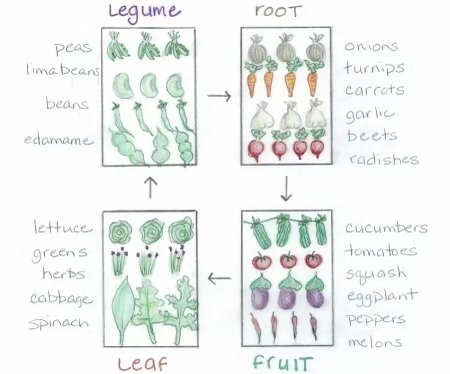Garden: The Basics of Gardening
By Ruby Clancy and Clara Steele
Have you ever envisioned curating and caring for your very own at-home garden? If this resonates with you, you have come across the right article! In honor of springtime and planting season, we will be discussing the basics of gardening for all those wishing to get their hands into the soil. The idea of starting your own garden may seem daunting at first, but it is really a simple process that only requires dedication, a vision, and a little bit of wisdom. With these simple instructions, your garden will be blooming in no time.
Location is one of the first, and most important aspects of starting your own garden! The location of your garden depends on the type of plants you are working with and what they need to thrive. Some plants prefer direct sunlight, while others blossom in the shade. Finding the right area requires some simple research into what your plants need to prosper. For example, plants that fruit heavily like tomatoes, strawberries, and squash all need full sun. On the other hand, salad greens like arugula, lettuce, and spinach grow best in cooler weather under some shade. With this information in mind, you can arrange and utilize your garden space to its highest potential.
The Gauchos Go Green Garden’s strawberry bed!
The quality of your soil is also crucial to your plants’ health and ability to grow. The best soil for your garden should be rich in color and moist in texture. Dark, hydrated soil contains many nutrients that are crucial for plant growth and prosperity. The best thing you can do for your garden is compost! Composting not only has many environmental benefits, but also nourishes your soil resulting in a healthier and more durable garden. Composting is a great skill to learn and you can begin to make your own compost at home by refurbishing food waste and finding the right ratio of materials. However, if you are in a time crunch or just starting out on your gardening journey, compost can also be purchased at any gardening store or home depot. Compost is the most effective and environmentally conscious plant food and your plants will be thanking you for using it!
For the day to day care of your garden, watering is crucial to pay attention to. Finding the right balance of watering and sunlight comes with practice, but some helpful preventive measures can be taken to ensure a good setup for your new garden. Lots of plants come with instructions on the seed bag which will tell you what they need to grow. For plants in the full sun, the topsoil will dry out quickly, meaning they need more frequent watering. These include plants like cucumbers, squash, and beans. If you live in an area with little rainfall, you may want to consider planting drought tolerant plants like swiss chard, kale, and arugula. Still, these plants that are drought tolerant when mature often need more water when they’re young to allow the roots to develop.
As you begin your future with gardening, keep in mind that to be successful, all you need is to pay attention to your plants and provide nurture and care. This includes noticing when your plants are being crowded by weeds or dead leaves, or even spotting a squirrel chewing away at your veggies. If you are in the beginning stages of starting a garden, do not fret, your knowledge will only grow.

